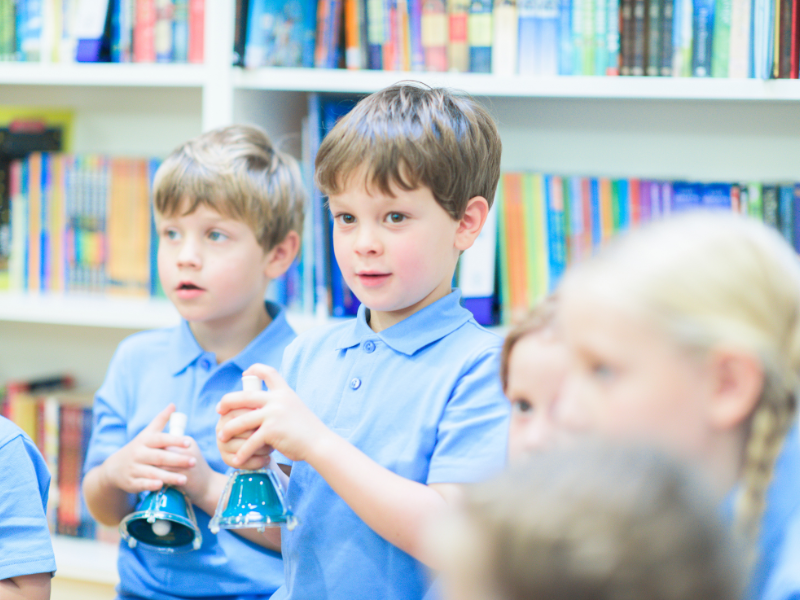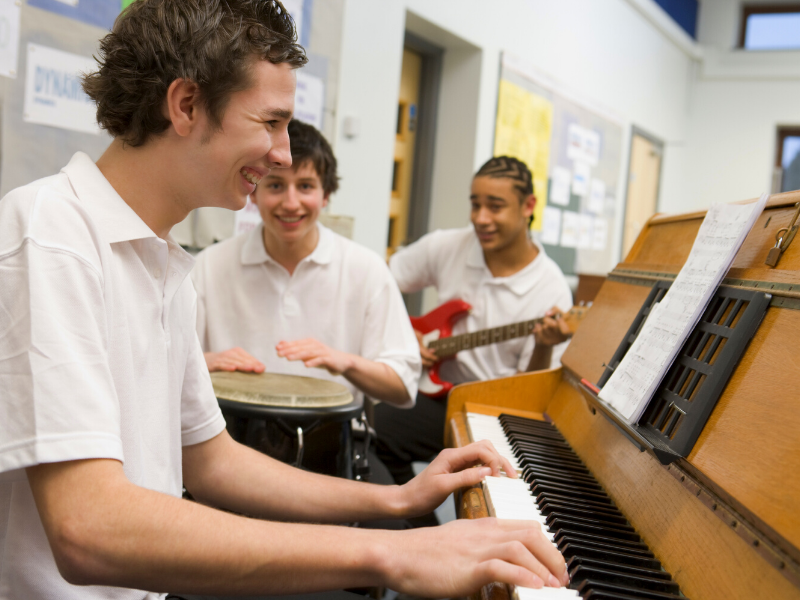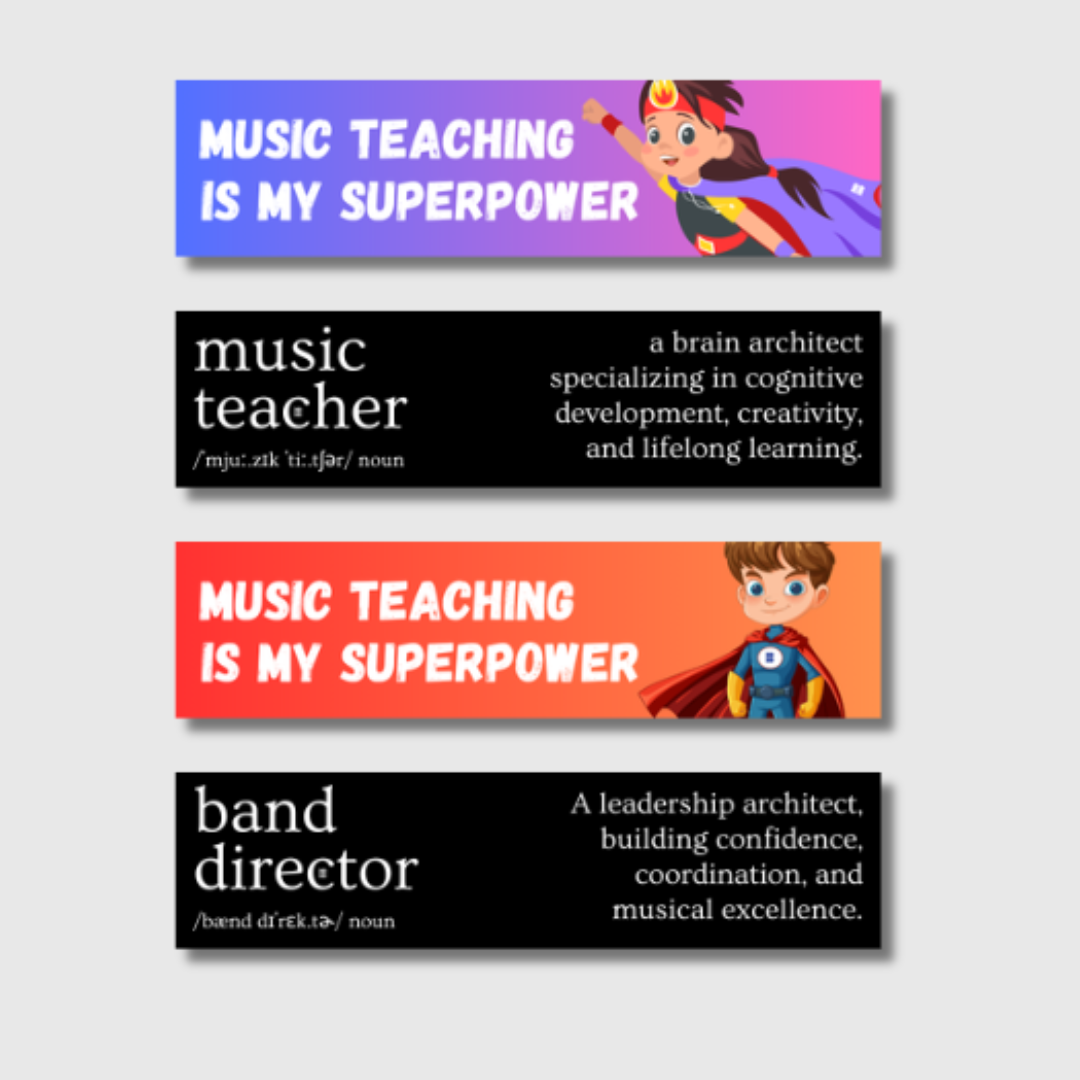
Research Updates

Here at Bigger Better Brains we believe that through educating yourself, you can then educate and affect positive change in your community.
With all of the research in the field of neuromusical science, our BBB Research section serves as a content hub for you. We regularly share findings and break down the latest research to educate and inspire discussion. We hope you enjoy this page on our website and share BBB news with your colleagues, parents and students.
How Music Unites Us: The Heartbeat Connection
A recent study from Waseda University has uncovered that when individuals listen to music, their heart rates synchronize, reflecting a unified physiological response.
Music Education vs. Brain Training Programs
Recent research has revealed that brain training programs for children do not lead to significant improvements in real-world cognitive functions.
Would you want to know your musical potential?
Here is one hell of a tricky question – if your musical potential, meaning your likelihood of being successful at learning music (whatever that really means) could be measured, would you want to know?
What makes a musical prodigy?
Is it nature or nurture? Is it biological, magic or a quirk?
Challenge your brain with different music!
This study looks at how our brains engaged with familiar and unfamiliar music. Turns out our brains sustains engagement with music that is unfamiliar.
Music is a neurobiological reward!
The reward network in our brains is one of the most fascinating areas of the brain. It is often the underlying network that propels our behaviour as well as override our good judgement. It is also one of the key networks in learning.
Music synchronises our brain!
There is a theory called the theory of familiarity in music. It is, as described at the end of this article, the idea of an inverted U.
Being musical is part of our human design
In today’s world, filled with myriad parenting methods and high-tech toys that promise to enhance infant development, it is easy to overlook how fundamental the time-honoured practice of music is for all children—starting pre-birth.
Why does white matter matter?
You have probably heard of grey matter but have you heard of white matter? White matter in our brain is tissue composed of nerve fibres.
Starting music at 6 years old supercharges the brain
Here is one of those research sentences that are so useful when we are explaining how music learning impacts on every child’s development.
Active Music Learning Infographic
Does all music learning enhance brain development? This is an important question as we examine the research around the impact of music learning on the brain.
Auditory roots of literacy skills
Here is a great article to take along to your next staff meeting or use as a discussion point with other teachers in your school, particularly if it is a primary or elementary school.





















